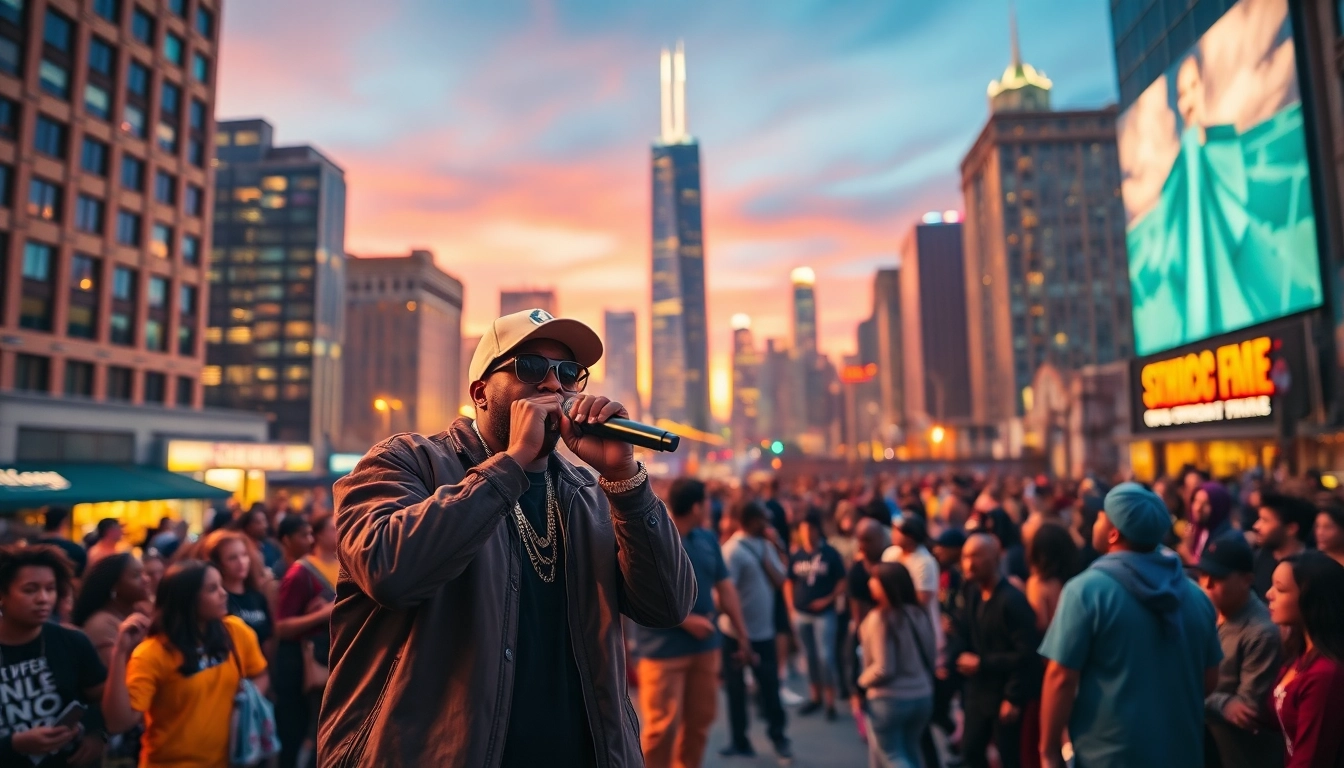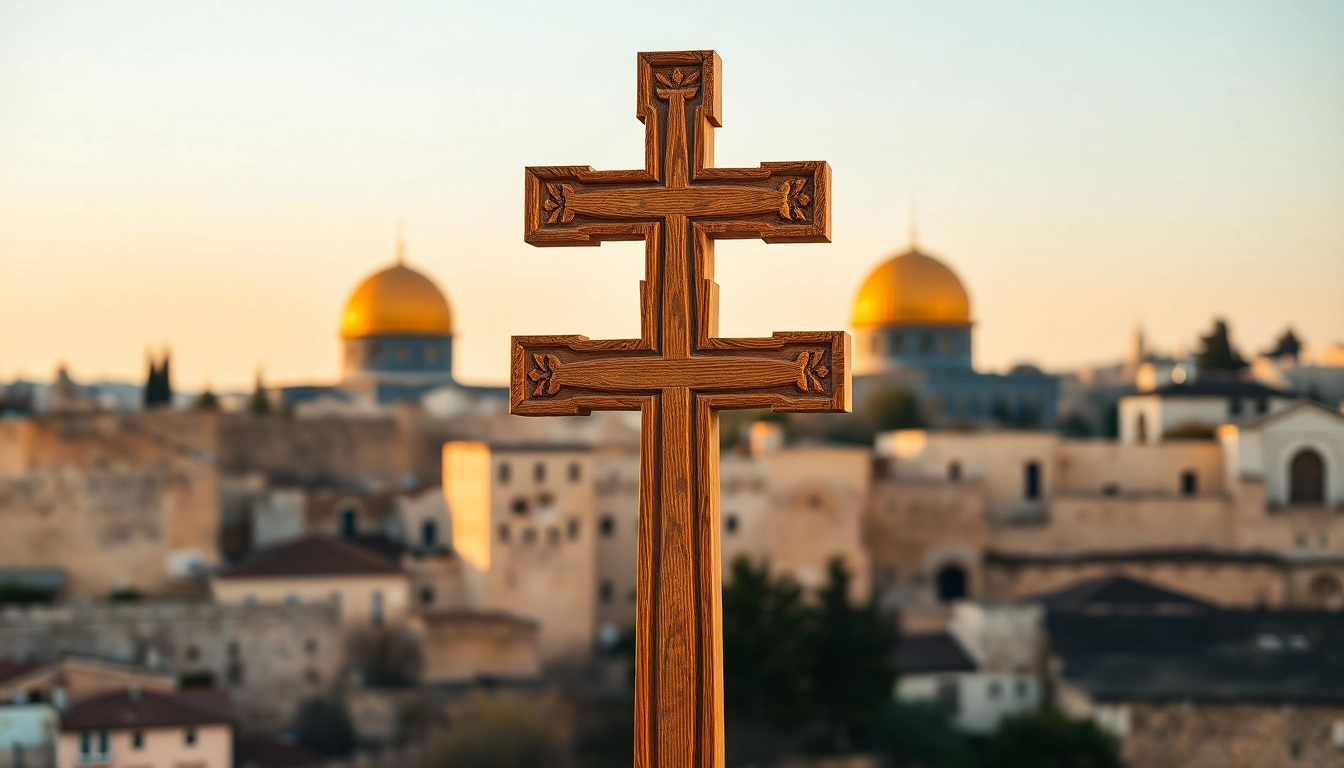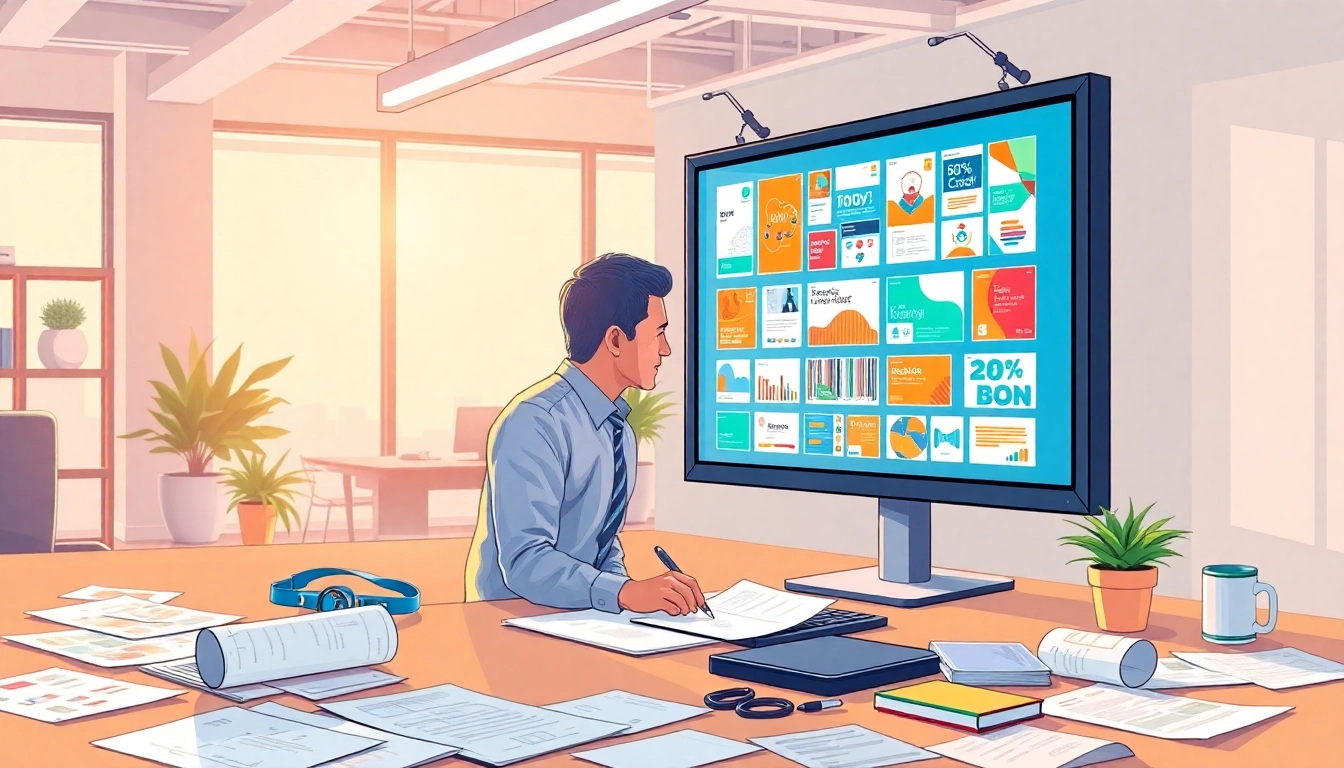Introduction to Chicago Hip-Hop Artists
Chicago, a city known for its vibrant culture and rich history, has also made indelible marks in the music world, particularly in the realm of hip-hop. The Chicago hip-hop scene has evolved significantly over the decades, with its artists contributing to the genre in ways that resonate well beyond the city’s borders. Whether it’s through soulful lyrics, innovative beats, or potent storytelling, Chicago hip-hop artists have carved out a niche that reflects the complexities of urban life, community struggles, and a unique musical identity.
Definition and Origins of Chicago Hip-Hop
Hip-hop in Chicago can be traced back to the late 1970s, paralleling the genre’s emergence in other major metropolitan areas like New York and Los Angeles. It began as a cultural movement that encompassed rapping, DJing, breakdancing, and graffiti art, serving as a voice for marginalized communities. Early pioneers such as the group Common, who merged poetic lyricism with social commentary, played a crucial role in establishing what would become known as Chicago’s hip-hop identity.
The Cultural Impact of Chicago in Hip-Hop
The Windy City has not only produced talents but has also shaped the narrative and style of hip-hop since its inception. Artists from Chicago often incorporate socio-political themes into their music, reflecting the struggles and triumphs visible in their communities. From the classic works of Kanye West to the contemporary sounds of Chance the Rapper, Chicago’s hip-hop culture stands as a testament to resilience and creativity.
Overview of the Chicago Hip-Hop Scene Today
In today’s landscape, Chicago hip-hop is more diverse than ever. Emerging artists fuse elements from various genres with traditional hip-hop, paving the way for new sounds and innovations. The rise of drill music, characterized by its gritty beats and intense lyrics, has drawn national attention, with artists like Chief Keef leading the charge. Simultaneously, others focus on uplifting narratives and community awareness, exemplified by artists like Noname and Vic Mensa, showcasing the multifaceted nature of hip-hop originating from the city.
Key Chicago Hip-Hop Artists Shaping the Genre
Veteran Artists Who Paved the Way
Chicago’s hip-hop roots are deeply embedded in the contributions of veteran artists, many of whom continue to impact the genre today. Figures like Twista, known for his rapid-fire delivery, and Lupe Fiasco, who blends incisive commentary with melodic hooks, have not only achieved commercial success but also influenced countless aspiring artists. Their work laid the groundwork for future generations and continues to resonate in the current Chicago hip-hop landscape.
Modern Icons Influencing Today’s Sound
Modern icons like Polo G, Juice WRLD, and Lil Durk have taken the global stage, pushing the boundaries of Chicago hip-hop with their unique styles. Polo G blends emotional delivery with raw honesty, appealing to a wide audience while addressing themes of struggle and growth. Juice WRLD, before his untimely death, captivated millions with introspective lyrics that confront mental health issues, while Lil Durk represents the narratives of his environment through a contemporary lens.
Emerging Talents to Watch
The rise of new talents within Chicago’s hip-hop scene is indicative of the genre’s continuing evolution. Artists like G Herbo and Mick Jenkins are among those pushing the envelope, each bringing distinct perspectives and experiences to their music. Furthermore, 2025 is expected to showcase a new wave of artists like J Bambii and Matt B, who are gaining recognition for their innovative styles and connections to the city’s rich musical heritage.
Chicago’s Unique Sound and Style
The Characteristics of Chicago Hip-Hop Beats
The sound of Chicago hip-hop is diverse and often experimental. Influences range from jazz and blues—hallmarks of Chicago’s musical history—to trap beats that dominate the contemporary landscape. This fusion creates a rich auditory experience that reflects the city’s multifaceted identity. Tracks often blend haunting melodies with hard-hitting rhythms, making Chicago hip-hop accessible while remaining deeply connected to its roots.
Lyricism in the Chicago Hip-Hop Scene
At the core of Chicago hip-hop is its powerful lyricism. Artists use their words to narrate personal stories, address societal issues, and express emotions that resonate with listeners. The focus on storytelling and authenticity is what sets Chicago artists apart—lyricism is often filled with local slang and references to the city’s neighborhoods, making it relatable to residents while intriguing to outsiders. This connection fosters a strong sense of community and cultural pride within the genre.
The Role of Collaboration Among Artists
Collaboration is foundational within the Chicago hip-hop scene. Artists often work together, blending different styles and perspectives, enhancing the music’s richness. Collaborations can lead to groundbreaking tracks that feature multiple artists, each contributing their unique flair. This environment encourages creativity and innovation, further fostering a sense of unity and solidarity among artists despite their diverse backgrounds and stylistic choices.
Challenges Faced by Chicago Hip-Hop Artists
Industry Barriers and Stereotypes
Despite Chicago’s rich musical heritage, artists frequently encounter significant barriers in the music industry. Stereotypes, particularly associated with the city’s violence, often overshadow artistic talent. This stigmatization can hinder opportunities for artists and perpetuate negative narratives about the community. Breaking these stereotypes requires not only persistence but also an intentional shift in how the media and industry perceive hip-hop from the city.
Community Challenges Reflected in Music
Many Chicago hip-hop artists draw inspiration from the challenges faced within their communities, including poverty, violence, and systemic inequities. These themes are often reflected in their lyrics and narratives. By highlighting these issues through their music, artists bring attention to the struggles many face, potentially fostering a broader discussion about change and community strength. However, this raw representation can also lead to increased scrutiny and judgment from the wider world.
Overcoming Obstacles: Success Stories
Against the odds, many Chicago hip-hop artists have achieved remarkable success, showcasing resilience and determination. Stories of artists like Chance the Rapper, who leveraged his unique position as an independent artist to reach monumental success, inspire others facing similar obstacles. His commitment to his hometown and its community, along with his philanthropic endeavors, illustrates the potential for artists to uplift others while pursuing their dreams.
The Future of Chicago Hip-Hop Artists
Trends Emerging in the Local Scene
As technology continues to redefine the music industry, Chicago hip-hop artists are at the forefront of adopting new trends. The rise of social media platforms allows for increased visibility and engagement with fans, fostering a global audience. Additionally, genres like Afrobeat and electronic influences are being integrated into hip-hop, creating fresh sounds that appeal to a wider audience. These trends not only reflect the changing musical landscape but also highlight the adaptability of Chicago’s artists.
Global Influence of Chicago’s Hip-Hop Culture
Chicago hip-hop is no longer confined to the city—it has become a global phenomenon. Artists are now featured in collaborations with international stars, while the city’s distinctive sound influences hip-hop globally. This international reach allows local artists to share their stories with a global audience, fostering cultural exchange and an appreciation for the complexities and variations within hip-hop.
How Fans Can Support Artists in the Community
Support from fans plays a crucial role in the success of Chicago hip-hop artists. Engaging with their music—whether through streaming, attending live performances, or participating in community events—helps sustain and nurture the local scene. Supporting local businesses and independent venues that promote these artists can also create a robust ecosystem for talent development. Additionally, fans can amplify artists’ work through social media, helping to create a broader awareness and appreciation of Chicago’s incredible hip-hop artistry.



